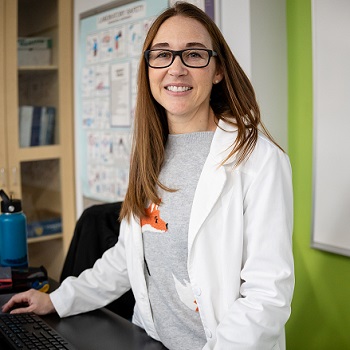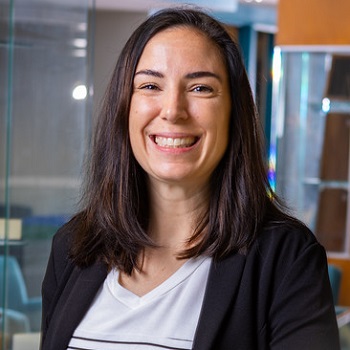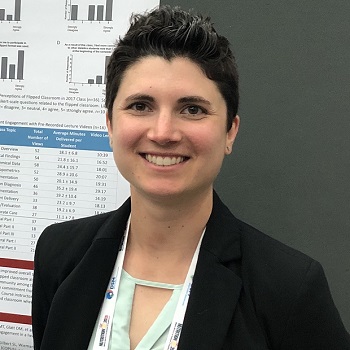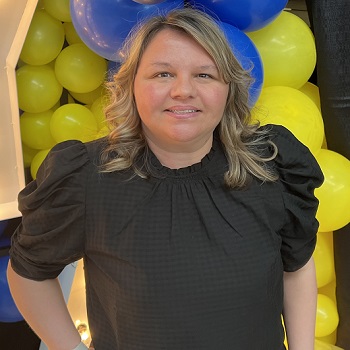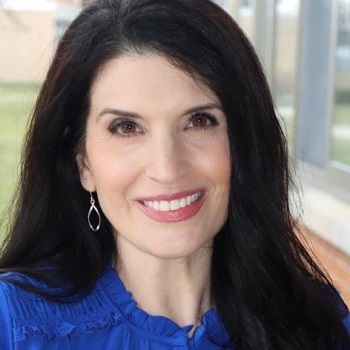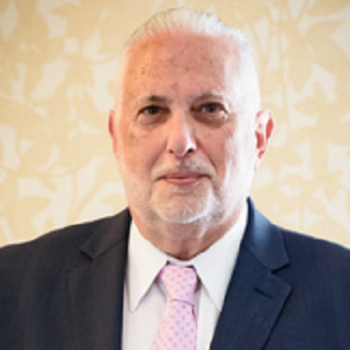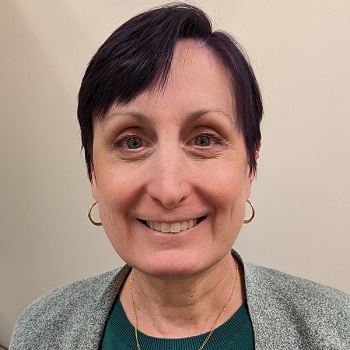SUNY Online Teaching Ambassador 2024: Rockland – Patricia Szobonya

SUNY Rockland
Patricia E. Szobonya is Associate Professor and Program Director of Legal Studies, Paralegal Studies, and Criminal Justice programs at Rockland Community College. She is a graduate of New York Law School and licensed to practice law in New York and New Jersey. She also teaches in the Legal Studies, Criminal Justice, Business and Multi-Cultural Studies Departments. She has been teaching online courses for many years and utilizes a multitude of apps and techniques to engage students. She has included student international virtual collaborations with partnering Universities in Morocco, China, Mexico, Columbia, Dominican Republic, and South Africa in her online courses. She also has co-authored several publications on virtual exchange and has presented at numerous national and international conferences on topics that include social justice, culturally responsive teaching, human rights, and the United Nations 17 Sustainable Development Goals.
Online teaching and learning can be just as enriching as in the classroom. With intention, thought, and creativity, you can create a dynamic environment to captivate your audience. For starters, I create virtual space to build the classroom community with interactive apps such as Padlet or Flipgrid. Infusing an icebreaker can “break the ice” building the framework for community and deeper discussion throughout the semester. It is a great way to get to know my audience and enhance my culturally responsive teaching methods. Online engagement is further enhanced through activities designed to maintain student interest such as using breakout sessions and discussions for student interaction.
With the availability of online courses, we are able to engage more student populations than ever before. For those who are unable to attend in person, they have the opportunity to participate, be included, and learn. These modalities, whether asynchronous, synchronous, or Hyflex offer an equitable opportunity and enhance student mobility. With technology, instructors can infuse universal design e-learning (UDL) techniques to provide an equitable sense of belonging within virtual spaces. UDL centers on incorporating multiple means of engagement, multiple means of representation, and multiple means of action and expression in course content and design.
Another exiting way to stimulate online learners is through collaborative online international learning (COIL) also known as SUNY COIL (State University of New York Collaborative Online International Learning). By infusing COIL or virtual exchange collaborations, students have the opportunity to virtually cross international borders and experience diverse cultures, customs, and perspectives though interactive hands-on critical thinking and problem-solving activities. Students are required to communicate with their international partner or team and submit a collective deliverable. Interaction with global partners raises awareness of issues beyond students’ local and national borders. Incorporating activities centering on the UN 17 SDGs in collaborations can aid in developing future global citizens. Online teaching and learning have so many possibilities!
